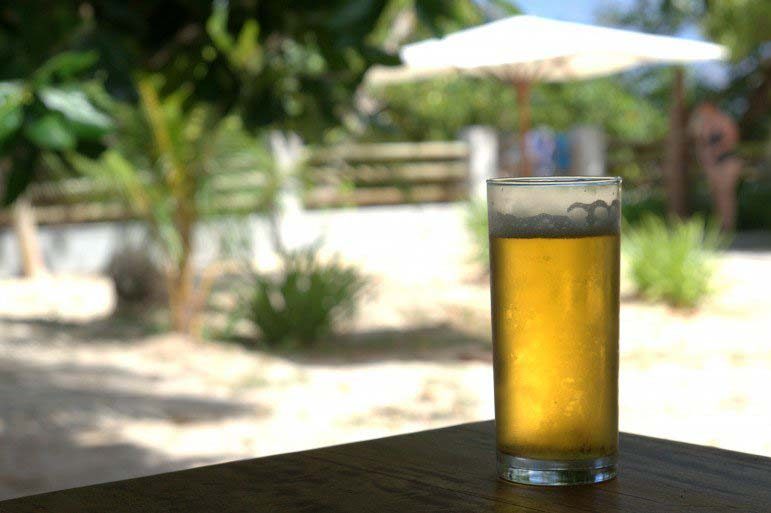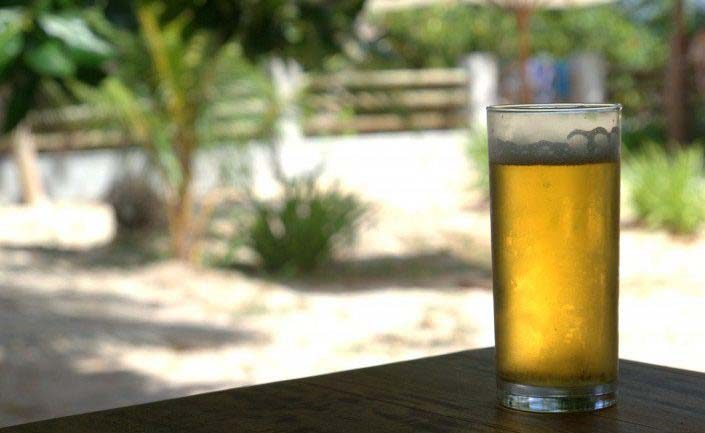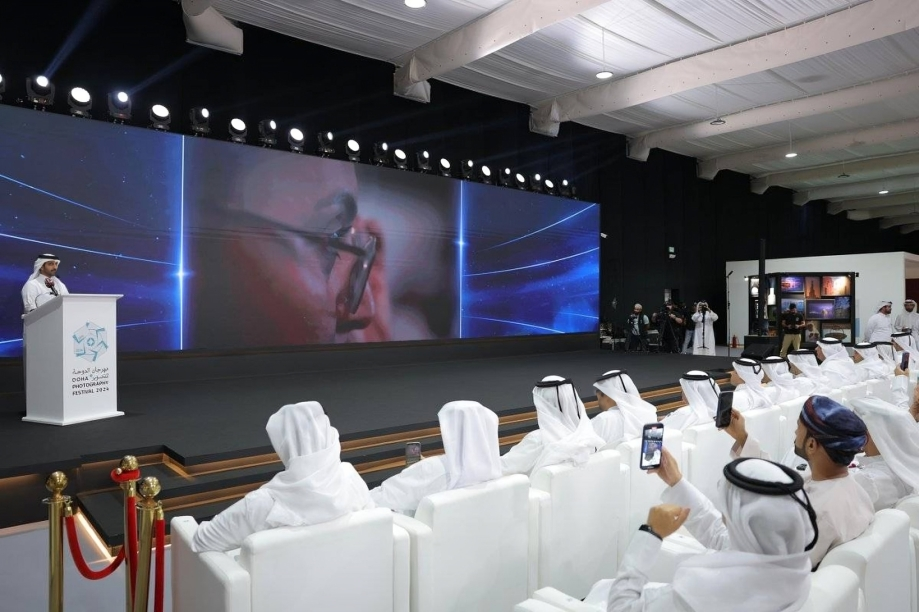
For the first time, hotels in Qatar will not be allowed to sell alcohol in their bars and restaurants in the nine days leading up to Eid Al Adha this fall, as well as the first day of Eid itself.
Several hotels confirmed to Doha News that they received a circular from the Qatar Tourism Authority (QTA) earlier this month, informing them of the change.
While the dates for Eid have not yet been formally fixed and are dependent on the sighting of a new moon, Eid Al Adha is estimated to fall on Sept. 23. Thus, the ban would cover the 10-day period starting from approximately Sept. 14.
This would be in addition to an existing prohibition on the sale of alcohol during the month of Ramadan, which is expected to begin around June 18 this year. The first day of Eid Al Fitr is estimated to be July 18.
Hotels in Qatar also do not sell alcohol on the birthday of the Prophet Mohammed on Jan. 3.
Hajj season
A number of five-star hotels confirmed to Doha News that they had received the latest QTA notification, which is not expected to affect Qatar’s sole off-license QDC.
A representative of one hotel said that during the week or so leading up to Eid Al Adha, restaurants and bars would not be allowed to serve or sell alcohol, and minibars in guest rooms would not be permitted to stock it.
However, it is understood that guests would be able to order alcohol through room service, as long as it was consumed in private in their rooms.

The new rules cover the period known by Muslims as the first 10 days of Dhul Hijjah, which is the twelfth and last month in the Islamic calendar.
During this time, Muslims from around the world travel to Makkah in Saudi Arabia to undertake Hajj (pilgrimage).
Even for observant Muslims who are not performing Hajj, the first 10 days of this month are believed to blessed days to undertake good deeds.
It is also a popular holiday time for many Qataris and nationals in the Gulf region, according to some hotel managers.
One added that her hotel was usually busy in the period leading up to Eid Al Adha and over Eid itself, particularly with families from Qatar enjoying “staycations,” as well as visitors from neighboring Saudi Arabia.
Hotels contacted by Doha News that they would comply with the latest directive, but were still unsure whether they would close their restaurants and bars entirely, or just not serve alcohol.
A representative of one popular five-star hotel who asked not to be named, said:
“When we opened in Qatar, we knew that there are certain rules and procedures when it comes to religion here.
This period is Hajj season, which is a very holy month for Muslims. We respect QTA’s decision and of course we will abide by it as we stick to the customs and traditions of the country. If this rule is being applied to all hotels in the city, then we just have to follow it and live with it.”
Alcohol debate
The debate over alcohol sales in Qatar has been raised several times in recent years, as the nation struggles to hold on to its conservative Islamic culture amid rapid development and growth.

In late 2011, for example, restaurants on The Pearl-Qatar were ordered to stop selling alcohol. Many complained of tumbling sales following the ban, and some even ended up closing their doors for good.
The prohibition remains in effect today, but does not include the recently-opened Marsa Malaz Kempinski hotel, which is licensed.
Meanwhile, in November 2013, new restrictions were introduced that stopped hotels from selling alcohol in public areas, including their lobbies and at their beaches and pool bars.
Thoughts?







